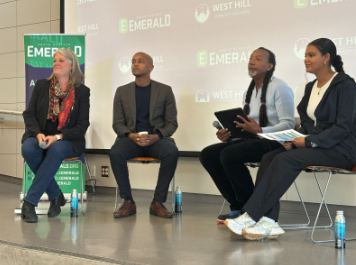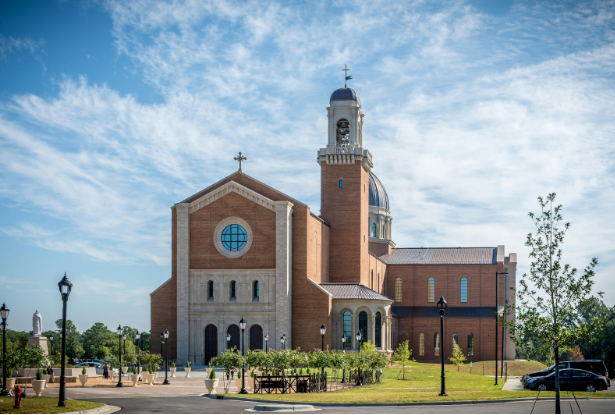This year, in the months leading up to June, 96 officers quit work for the King County Sheriff’s office. A rate that has already increased from last year. The Seattle Police are also facing a hiring freeze and quitting broil as their active roster has fallen to the lowest point in their 30-year history. Just 425 officers are left in the precinct to date. This data rides on a downward trend from 2020, when community-police relationships were at a fever-pitch during the BLM riots, and the Seattle Police failed to hire more officers than the officers who quit the force.
Individual choices to leave, according to exit interviews taken by the My Northwest journalism outlet, points to the growing liberal agenda and worsening political climate for police officers, not just for the Seattle police. The emotion is mutually shared among the King County Sheriff’s Office and Renton’s unincorporated police precincts, where many officers are worried about prosecution for “doing their jobs.”
While the last statement may be of contention to many, depending on your political alignment, it cannot be denied that recent policy changes to the above-mentioned offices have made it harder for officers to identify risks to the public and to handle calls to domestic disturbances. One Particular ordinance, found in Chapter 9 section 1 of the General Orders Handbook, specifies the conditions necessary to pursue a suspect in a motor vehicle. When the choice to terminate a pursuit is found, officers must correctly identify when “the danger to the public, deputies, or suspects outweighs necessity for intervention.” This being a recent addition to the handbook, it is a vague outlier that has caused problems in Renton already. While many people eagerly speed ¨whip cookies¨ and ¨churn burnouts¨ in parking lots, the apparent speed of the evading offender is of great contention to two aspects of the police officer’s job: his ability to keep the public safe, and the ability to apprehend and prosecute the suspect. This is made difficult by the vague wording and other additions to the handbook.
In response to 5+ year veterans quitting the force, coming from Seattle Mayor Bruce Harrel, King County has approved new measures to retain current officers and recruit new officers. First, Police officials now have a $100,000 a year pay increase, up from the median of $70-85,000 per year for Privates to Deputies, which includes an entry-level payment of $7,500 for new recruits, and a $5,000 bonus upon completion of training a 720-hour law enforcement course (or about 4 weeks). Lateral hires also receive huge bonuses upon acquisition while officers already in the force are seeing larger career benefits than before.
Journalist’s Comment:
While the bonuses and hiring incentives attract new officers to the force, the real issue is keeping the right officers, not bringing in new ones. 100% of the officers that quit the force since 2020 have been working for more than 5 years. Therefore, they would be better at handling their duties than new hires who only considered the career opportunity after the pay incentives. Bottom line: issues with our law enforcement start at the application level and are weeded out by improved training and senior leadership, not by new faces to the old establishment.
Sources:
https://crosscut.com/politics/2021/07/what-new-wa-police-accountability-laws-do-and-dont-do
https://www.seattletimes.com/seattle-news/politics/to-boost-police-hiring-seattle-city-council-approves-more-incentives/
https://www.kuow.org/stories/why-is-it-so-hard-to-hire-and-keep-cops-in-seattle
https://public.powerdms.com/KCSO/tree/documents/1758120
https://www.wsp.wa.gov/breathtest/btpindex.php#dui
https://www.seattle.gov/police/police-jobs/about-the-job/salary-and-benefits#benefits







